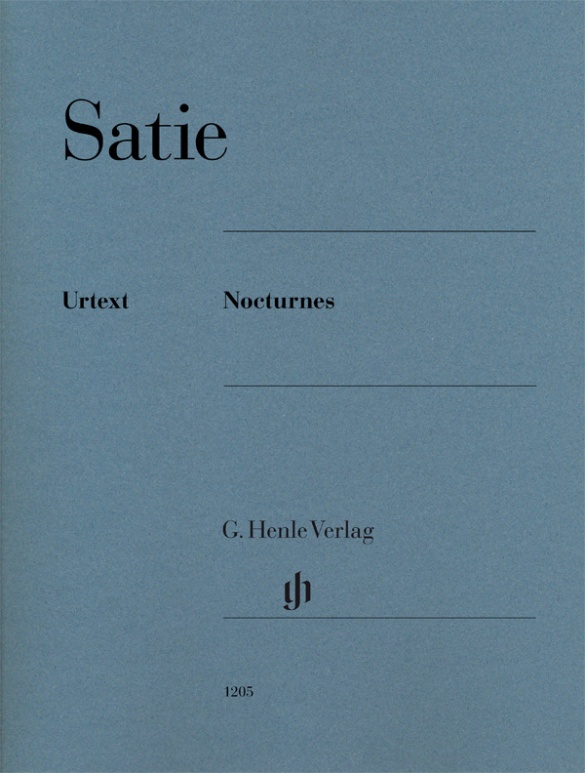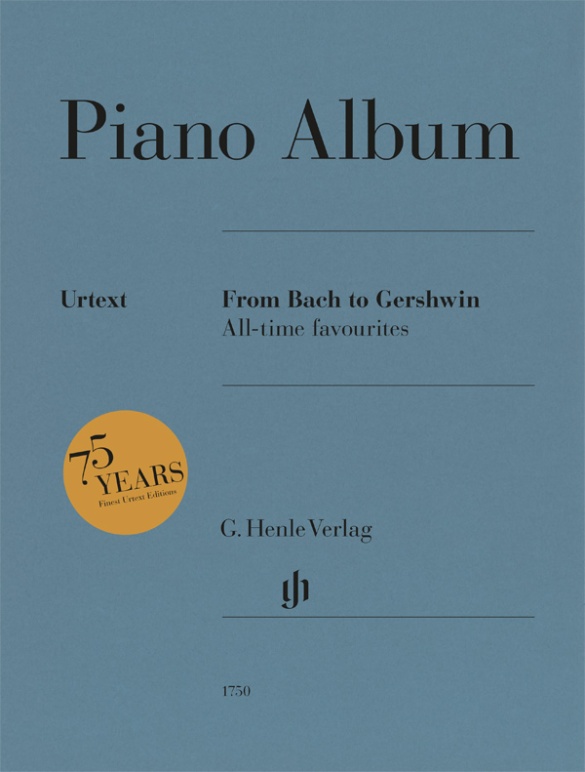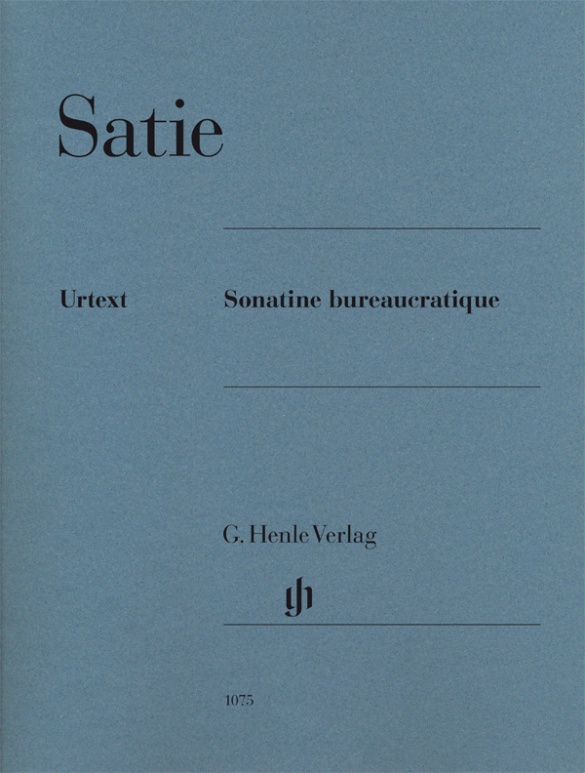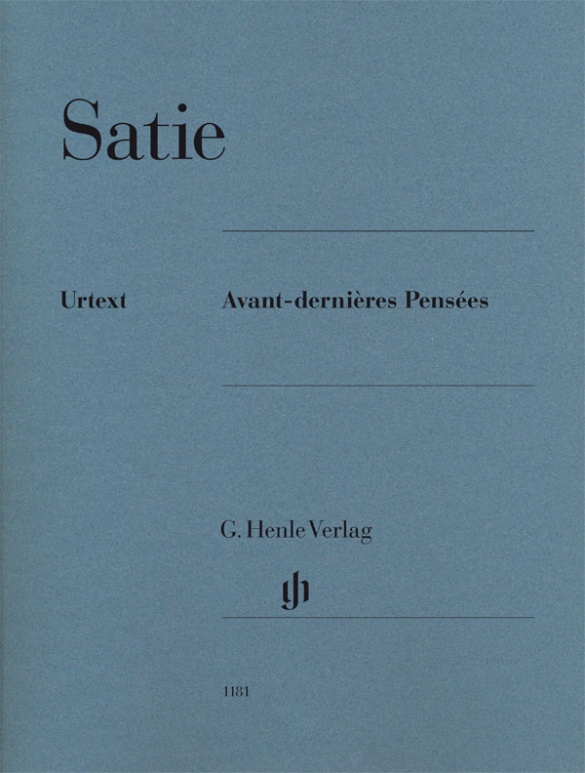

Erik Satie
Avant-dernières Pensées
In a typically humorous manner Satie countered the myth of the great master’s “last thought” with his “Next-to-last thoughts” (Avant-dernières Pensées).
As was usual with his piano works from 1912 onwards, each of the three highly distinctive pieces with their sound sensitive piano settings contained a short whimsical story printed in the musical text as a subtext, which is more or less closely connected with the music. Satie dedicated his “Next-to-last thoughts” to prominent contemporaries: Claude Debussy (for no. 1 “Idylle”), with whom he was close friends, Paul Dukas (no. 2 “Aubade”, in English “Dawn serenade”), whose music he greatly admired, and Albert Roussel (no. 3 “Méditation”), his former teacher of counterpoint at the Schola Cantorum in Paris.
Content/Details
About the Composer
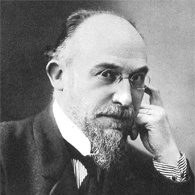
Erik Satie
Avant-garde composer in Paris around 1900 with an extremely unique oeuvre.
| 1866 | Born in Honfleur on May 17. |
| 1874 | Organ lessons and introduction to Gregorian chant, which will have a marked effect on his creative work: “Quatre Ogives” for piano (1886) and “Messe des Pauvres” for organ (1895). |
| 1879–87 | Studies at the Conservatoire de Paris. |
| from 1887 | In Montmartre he makes his living variously as musical director of the shadow theater at the Chat Noir and as a pianist at the Auberge du Clou. He adopts the musical language of the music hall and the cabaret: e.g. “Trois morceaux en forme de poire” (“Three Pieces in the Shape of a Pear”) for piano, four-hands (1903).1888/89 |
| Beginnings of the first “Gymnopédies” and “Gnossiennes” for piano. | 1891–92 |
| He joins the eccentric circle of the “Ordre de la Rose-Croix Catholique du Temple et du Graal” around Sâr Péladan and composes avant-garde music for it: “Le Fils des étoiles” (incidental music) with stacks of fourths, “Trois Sonneries de la Rose + Croix.” | 1893 |
| “Vexations” for piano, which is to be repeated 840 times. | 1905–08 |
| Studies at the Schola Cantorum in Paris to improve his compositional technique. | 1911 |
| Ravel’s performances of his compositions bring Satie recognition as a composer. | from 1912 |
| New compositional phase: piano pieces whose underlaid texts are to be read aloud to further thwart the musical process (alienation of patterns): “Véritables préludes flasques (pour un chien)” (“True Flabby Preludes for a Dog,” 1912), “Descriptions automatiques” (1913), “Sports & Divertissements” (1914), “Sonatine bureaucratique” (1917). | 1916/17 |
| Ballet “Parade” with Cocteau and Picasso. | 1917/18 |
| “Socrate (drame symphonique)”, one of the primary works of neoclassicism. | 1925 |
About the Authors
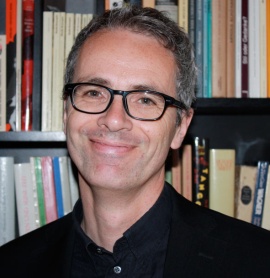
Ulrich Krämer (Editor)
Dr. Ulrich Krämer, born in 1961 in Bielefeld, is Head of the Research Centre at the Arnold Schönberg Complete Edition in Berlin. He read musicology and German in Hamburg and Bloomington and wrote his doctoral thesis under the supervision of Rudolf Stephan on Alban Berg as a pupil of Arnold Schönberg.
In addition to his editorial work, he has been a lecturer at the Hochschule für Musik “Hanns Eisler” and at the Berlin University of the Arts, as well as “Visiting Scholar” at the Graduate Center at the City University New York. Alongside the volumes he has prepared for the Schönberg Complete Edition (including the score of the Gurre Lieder which was awarded the Deutsche Musikeditionspreis), his scholarly publications include editions of Alban Berg’s student compositions and Theodor W. Adorno’s compositions found in his estate, as well as essays and articles on Brahms, Berg, Schönberg, Ravel and Astor Piazzolla.
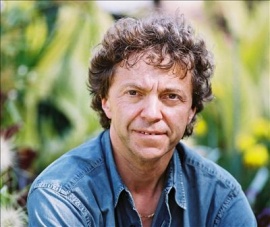
Pascal Rogé (Fingering)
Product Safety Informations (GPSR)

G. Henle Verlag
Here you can find the information about the manufacturer of the product.G. Henle Verlag e.K.
Forstenrieder Allee 122
81476 München
Germany
info@henle.de
www.henle.com
recommendations
autogenerated_cross_selling
Further editions of this title
Further editions of this title


